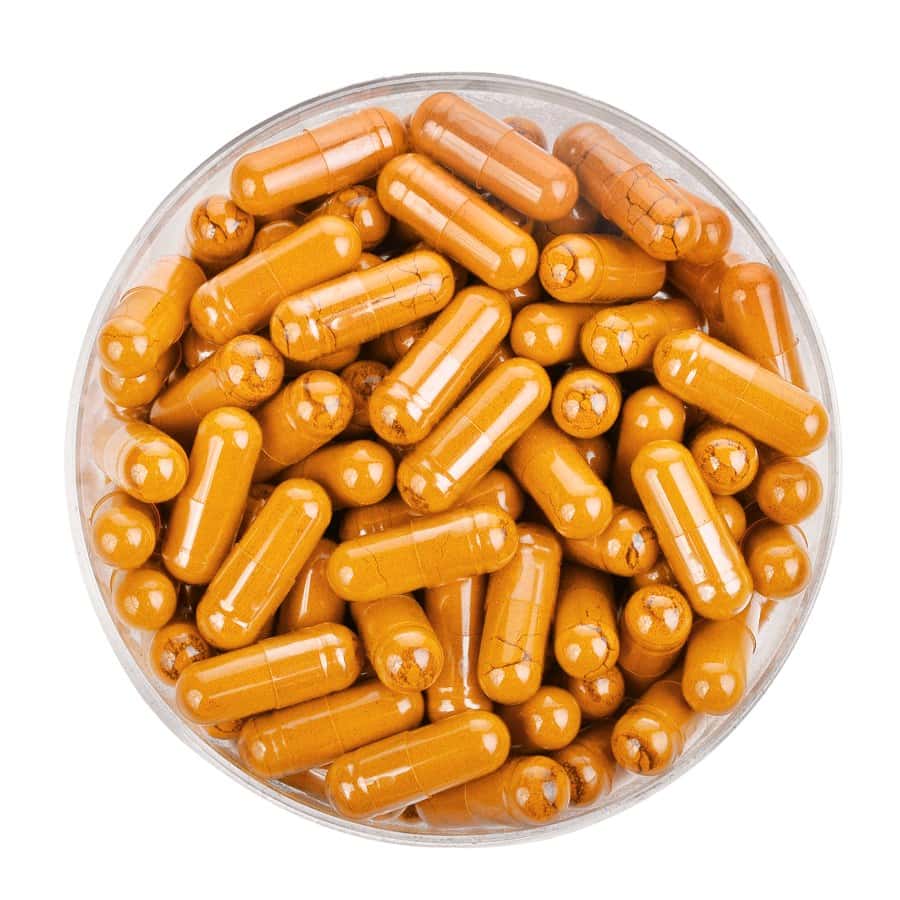
People with arthritis pain face a difficult dilemma. Arthritis is a chronic condition, but the usual NSAID pain relievers such as ibuprofen (Advil, Motrin IB) and naproxen (Aleve) should be used only for a limited time. As a result, some sufferers have looked for natural approaches to ease the pain. Could common spices like rosemary and turmeric help?
Rhizome Rescues Relaxing Walks:
Q. I’ve been taking turmeric on a daily basis for years now to address arthritis in my fingers. A few weeks ago, I started having sharp pain in my right knee. It was operated on 10 years ago and has been fine since then. I walk outside for an hour every day. This knee pain made me worry I wouldn’t be able to continue, and I felt depressed.
My orthopedic doctor ordered an X ray and diagnosed arthritis. I had two physical therapy sessions and was scheduled for more.
On Sunday I decided to give turmeric another chance. I doubled my dosage. By Tuesday morning, my knee was almost pain free. Today is Thursday and I have no pain. I’ve been out for my walk with no problem. Soon I’ll drop the dosage back to normal.
A. Turmeric (Curcuma longa) is a yellow rhizome that is a principal component of curry powder. It has anti-inflammatory activity and can alleviate knee pain due to arthritis (Journal of Rheumatic Diseases, Jan. 1, 2025). It is as effective as an NSAID and better than placebo.
Although side effects are uncommon, some people have allergic reactions to turmeric or its active compound curcumin. It may also act alone or with anticoagulants to promote excessive bleeding, so you should know about the risks before you start taking it.
Do Rosemary and Turmeric Fight Inflammation?
Q. I have arthritis in my knees and back. To minimize the pain, I have been using hemp oil, rosemary and turmeric.
I created a shaker with rosemary, turmeric and black pepper, which I use on my eggs and salads. Hemp oil is my replacement for olive oil and butter. I drizzle the hemp oil on toast and shake my rosemary-turmeric mix onto it. It is delicious and, more importantly, I do feel less discomfort. This is not a cure-all, but it does make a difference for which I’m thankful.
A. This is an intriguing combination. Rosemary and its constituent rosmarinic acid both have anti-inflammatory properties, which may be why your arthritis is less painful (Allergologia et Immunopathologia, Jan-Feb. 2019; Molecules, May 20, 2015).
Turmeric May Help:
A review of randomized controlled trials of turmeric extracts for arthritis found evidence that approximately 1,000 mg/day of curcumin can also ease joint pain (Journal of Medicinal Food, Aug. 2016). However, scientists report that curcumin is not highly bioavailable (Advances in Nutrition, Jan. 2018). Adding black pepper to your mixture along with hemp oil should aid its absorption.
Hemp Oil:
If your hemp oil contains any cannabinoids such as cannabidiol (CBD), it may also be helping against joint pain (International Journal of Rheumatic Diseases, July 2017). The body makes compounds called endocannabinoids that occur naturally in the synovial fluid of the joints (BMC Veterinary Research, Nov. 6, 2017). Ultimately, this suggests that cannabinoids might have some role to play in controlling joint inflammation.
Learn More:
To learn more about rosemary and turmeric as well as other ancient healing herbs, you may wish to consult our book, Spice Up Your Health. You can also learn more about turmeric and other ways to ease the inflammation associated with arthritis from our eGuide to Alternatives for Arthritis. In addition, if you would like more information about arthritis and its treatment, you may want to listen to our interview with Dr. Beth Jonas. It is Show 1140: How Can You Manage Arthritis Pain?
Citations
- Hidayat R et al, "Efficacy of Curcuma longa in relieving pain symptoms of knee osteoarthritis patients: a systematic review and meta-analysis of clinical trials." Journal of Rheumatic Diseases, Jan. 1, 2025. DOI: 10.4078/jrd.2024.0062
- Shakeri F et al, "Rosmarinic acid affects immunological and inflammatory mediator levels and restores lung pathological features in asthmatic rats." Allergologia et Immunopathologia, Jan-Feb. 2019. DOI: 10.1016/j.aller.2018.04.004
- He Y et al, "Curcumin, inflammation, and chronic diseases: how are they linked?" Molecules, May 20, 2015. DOI: 10.3390/molecules20059183
- Daily JW et al, "Efficacy of Turmeric Extracts and curcumin for alleviating the symptoms of joint arthritis: A systematic review and meta-analysis of randomized clinical trials." Journal of Medicinal Food, Aug. 2016. DOI: 10.1089/jmf.2016.3705
- Lopresti AL, "The problem of curcumin and its bioavailability: Could its gastrointestinal influence contribute to its overall health-enhancing effects?" Advances in Nutrition, Jan. 2018. doi: 10.1093/advances/nmx011
- Barrie N et al, "Endocannabinoids in arthritis: current views and perspective." International Journal of Rheumatic Diseases, July 2017.
- Valastro C et al, "Characterization of endocannabinoids and related acylethanolamides in the synovial fluid of dogs with osteoarthritis: a pilot study." BMC Veterinary Research, Nov. 6, 2017. DOI: 10.1186/s12917-017-1245-7

